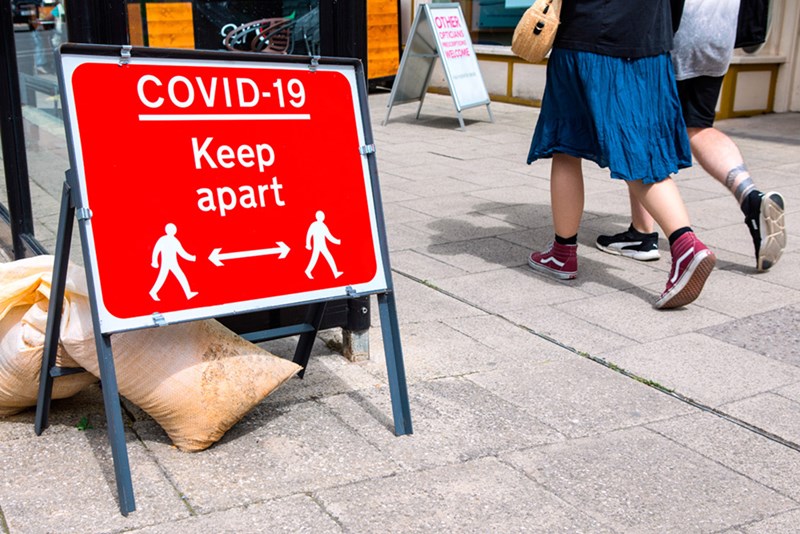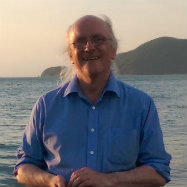

The pandemic has forced change on all our lives. Listen to a recording of the first CIHT 2021 Future of Transport webinar series now available as a podcast.
Join other savvy professionals just like you at CIHT. We are committed to fulfilling your professional development needs throughout your career
CIHT’s podcast series is now available on (and on other podcast platforms - just search your favorite podcast provider and we should be there):
Transcript available (use captions facility on YouTube): ![]()
In January 2021 CIHT launched its webinar series 'Future of Transport', there have been a range of topics covered within the series. The first webinar event has now been released as a podcast; in that CIHT explored how Covid has, will, and above all should change our world.
Given there was research published recently – commissioned by England’s Economic Heartland – that said the legacy of COVID-19 could transform capacity on the roads in its region, removing around one in nine peak hour vehicles. And - as of 19 July - most legal restrictions on social contact have been lifted in England –- it felt a good time to share more widely what the impact of covid has been, and might, be for the future of transport.
The podcast features an interview with Professor Nick Tyler.
Amanda Levete, the Stirling Prize winning architect has said that historically cities have been shaped by pandemics. At an urban scale the 1870s cholera outbreak in London led to the creation of the sewage system and wider streets in Victoria Embankment. 16th century houses in Spain were painted with lime because antibacterial properties helped prevent the spread of the plague, lovely example of need expanding into the vernacular and unknown at the time was one of the first examples of nano technology in action. How has, and might even more, Covid shaped our world and changed our cities?
Some key discussion points:

Nick Tyler CBE FREng is the Director of the UCL Centre for Transport Studies and Chadwick Professor of Civil Engineering, and investigates the ways in which people interact with their immediate environments. He set up the Accessibility Research Group within the Centre for Transport Studies, with a team of researchers investigating many aspects of accessibility and public transport. The group has a total research portfolio of more than £40million for projects directed towards making the world more sympathetic to people's needs and creating a sustainable future for both people and planet; including the PAMELA pedestrian environment laboratory, which is being used to develop models for accessible pedestrian infrastructure, and which is being enhanced as part of the Government's UKCRIC programme, to create a new larger facility called PEARL. He is a co-founder of the UCL Universal Composition Laboratory (UCL2), which undertakes multisensorial spatiotemporal design.

Join other savvy professionals just like you at CIHT. We are committed to fulfilling your professional development needs throughout your career

{{item.AuthorName}} {{item.AuthorName}} says on {{item.DateFormattedString}}: